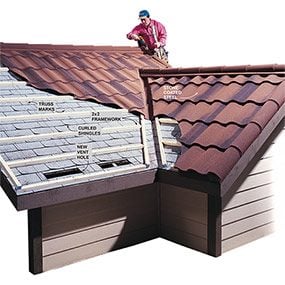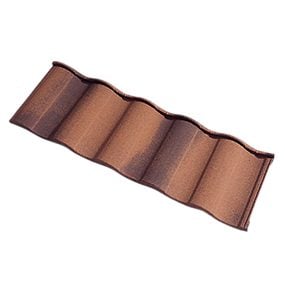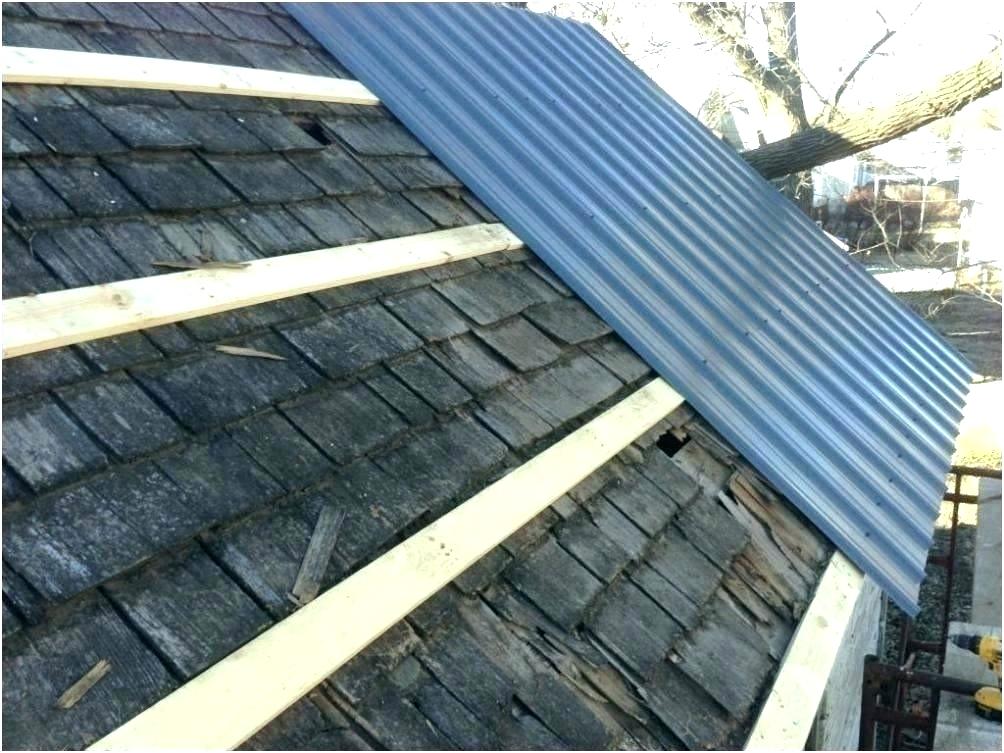How To, Metal Roofing
How to Install Metal Roofing Over Shingles
Metal roofing installation: What to consider when putting a steel roof over asphalt shingles.
Need a new roof? Covering your existing asphalt shingles with metal roofing might be worth the expense. Here are some pros and cons.
By the DIY experts of The Family Handyman Magazine
Can you put steel roofing over asphalt?
Can you avoid tearing off your old asphalt shingle roof by putting a steel roof over it? Maybe. Most codes now allow no more than two layers of roofing before requiring a complete tear-off. So, if your roof has two layers, it may require a complete tear-off, even though steel is lighter than asphalt. Codes vary, so call your local building department to know how to install metal roofing over shingles properly, code-wise.
What’s involved in how to install metal roofing

Anatomy of a steel roof
This is what it looks like when you install a steel shingle roof system over an existing asphalt shingle roof.
A steel roof is a lifetime investment, lasting 50 years or more if it’s a good one. Asphalt roofs typically last 20 to 30 years, depending on the installation and shingle quality. So, the investment might be worth it, but the range of choices makes shopping for a steel roofing system more complicated than you might think.
If you want to install steel over asphalt, your best choice for installing metal roofing is to use a steel shingle system like the one shown instead of the more common (and more expensive) standing seam steel. In a standing seam roof, long, single panels run vertically all the way from the eave to the ridge. In contrast, steel shingles are small panels installed in horizontal rows much like other shingles.
Better steel shingle systems, like the one shown, install over a framework of 2x2s. This framework has three big advantages. First, because the frame is screwed directly to the rafters and the interlocked shingles are screwed to the frame, the roof can withstand winds of up to 120 mph without damage. Second, the frame creates a flat and straight surface even when the shingles are badly curled or the roof ridge is bowed.
Finally, the frame creates a ventilation gap that helps prevent ice dams in the winter and cools the roof and the house in the summer. To vent the roof, holes are cut in the old roof (Detail 1) above the soffit, which pulls air through the soffit vents underneath. Cool outside air then travels under the shingles to the vented ridge (Detail 2), pulling out moisture and heat.
Pros and cons for metal roofing installation

Stone-coated steel shingles
Material cost per 100 sq. ft.: $200 to $350
Labor cost per 100 sq. ft.: $150 to $450
Weight per 100 sq. ft.: 120 to 140 lbs.
Wind resistance: 120 mph
Resistance to hail damage: Excellent
Over an asphalt roof? Yes
Do it yourself? No
Steel roofs can be noisy and unattractive in residential settings. However, if the steel roof is installed over an existing asphalt roof, noise shouldn’t be a problem. And, as you can see from the photos, if you pick a good-looking style from the many choices available, your house definitely won’t look like a cattle barn.
A steel roof is expensive, but if it lasts the life of your home, it might be worth it. The type we show here costs about twice as much to have installed as a new asphalt roof. But some steel shingle manufacturers offer do-it-yourself systems that cost about the same as an installed asphalt roof for those who want to learn how to instal a metal roof on their own. These systems aren’t attached to a frame, but instead install directly on the old roof. Consequently, they don’t have the same ventilation advantages.

